This post is part of a series of posts from the 2nd Asia-Pacific Water Summit in Chiang Mai that took place from May 16-20th, 2013. For more information and blog posts from the conference, click here.
Over 75% of the countries in the Asia-Pacific region suffer from a lack of water security. With the fastest growing economy in the world and a booming population, decision makers declare water security a priority in the region at the Asia Pacific Water Summit in Chiang Mai.
One cannot talk about water security in Asia without addressing the water energy food nexus. Energy plays an increasingly large role in many areas of Asia due to the rapid expansion of hydropower development. Energy requirements for food security are also vast including energy for accessing groundwater, irrigation, desalination, and transporting food. “Development needs energy,” explains Eric Kemp from SEI, and taking the water-food-energy nexus into account when making decisions to expand hydropower development in the Lower Mekong region is imperative.
If the links between water, food and energy are so strong, why are decision makers having such a difficult time addressing them together? John Dore from AusAID says that the United Nations Post-2015 Taskforce draft report does not even include the word “energy.”
The disconnect between water and energy lies in governance structures, explained Mr. Rae Kwon Chung of ESCAP. Governments have separated the energy and water sectors, making it difficult for officials, who are often involved in drafting commitment documents, to handle cross-cutting issues.
Think about it. If you send the Minister of Water to a meeting, he/she will address issues within his/her degree of power, which usually would not include issues outside of water. The UN Taskforce is comprised of government officials who must be able to overcome this challenge, says Mr. Chung. Sectoral approaches seriously constrain policy development in cross-cutting issues such as the water-food-energy nexus.
There is a clear need for a breakdown between sectors. But these barriers don’t just occur in different silos, they exist within the water sector itself, explains Jeremy Bird, Director General of IWMI. For example, agricultural water management is often sectioned into separate components of irrigation and rainfed systems. But in order to achieve food security, we need to break these barriers and look at the system on the whole.
"In order to meet future food demands in Asia, we need to find ways to enhance rainfed agriculture, or blue water, shifting it to the green end of the spectrum by improving soil moisture management, introducing rainwater harvesting systems and recharging groundwater to enhance water productivity," says Mr. Bird. Programs like WLE aim to break down these siloed barriers in order to address management issues on a more comprehensive level.
The Economic, Food and Water Security Focal Session at the 2nd Asia-Pacific Water Summit, where this discussion took place, was well attended by government officials including the President of Fiji, Prime Minister of Samoa, and Deputy Minister of Water of Iran. It is encouraging to see decision makers take an interest in these discussions. Let's see if the restructuring of governance departments takes root.



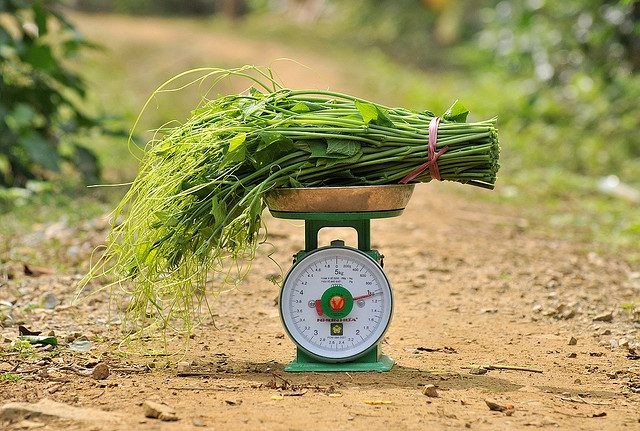
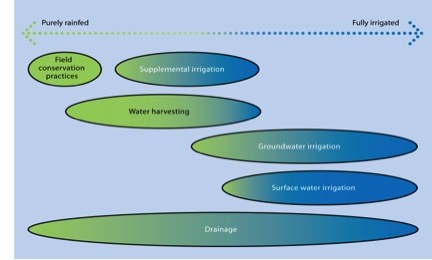
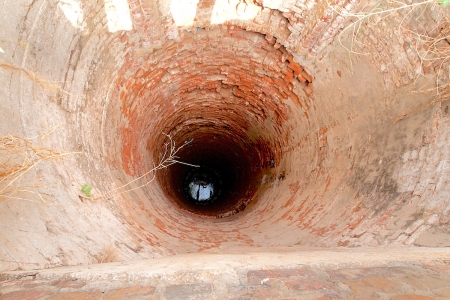


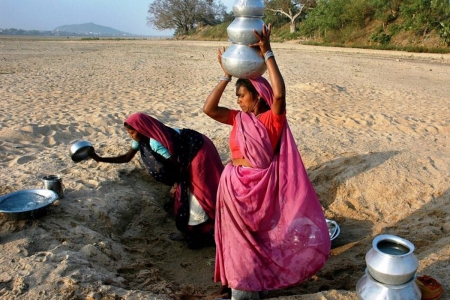

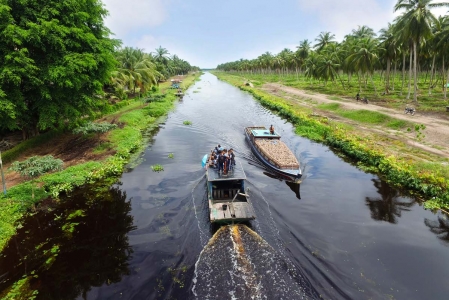

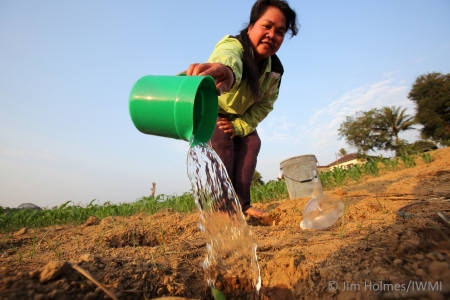
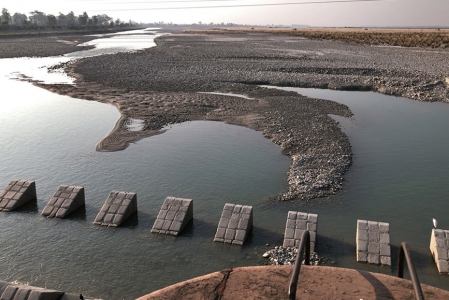


Comments
Governance structures are indeed an impediment to progress on many fronts. What I have observed is people's minds really fog up when governance is mentioned. To clarify, I created a governance "compass" that allows one to put their governance role in context. A prezi illustrates: https://prezi.com/pvx9r5dykawt/the-role-of-shared-governance/
links between water, food and energy will be as strong as cientists and technicians keep them permanently and everyware on their speech and politicions address them together in their mind and action.
A broad approach must be also looked at as an expertise, to achieve breakdown between sectors, so the needed integration water-food security-energy is reached.
Paulo Oliveira
Thanks for the the valuable suggestions…keep writing on this topic. Abby I hope you keep writing more blogs like this one. Very valuable information Abby.